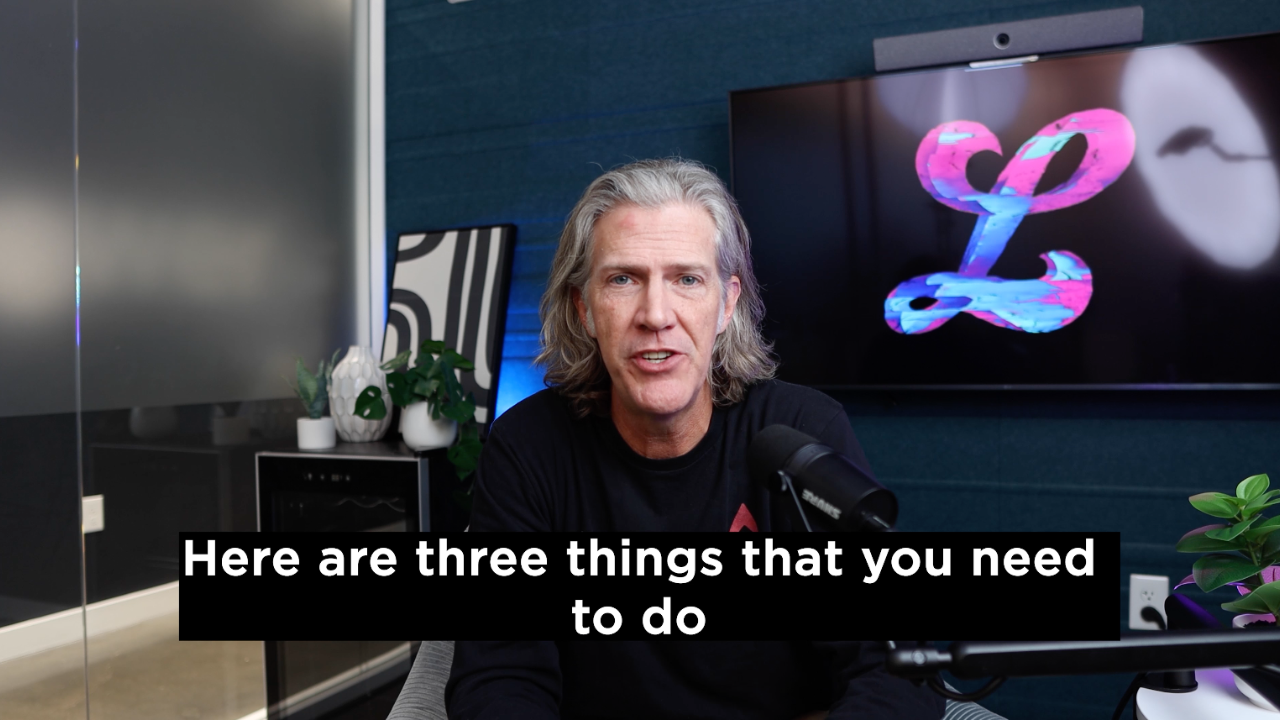1. Buying a house is a “YOU” decision.
We felt the pressure to buy a home since we rented our first apartment. That pressure actually turned us away from wanting to buy at first. So don’t be like us. Let it be your decision.
Unless a person knows every bit of your financial profile like a professional advisor, and knows your lifestyle, they don’t have any business giving you advice in this matter. Seek out professional, third-party guidance before letting anyone steer you one way or the other.
No one else has to make your mortgage payment. If your family or friends are pushing you in either direction, just ask if they’re willing to sign on the dotted line with you or pay your rent, then drop the mic.
There wasn’t something miraculous that made us change our minds about renting. We truly enjoyed it for our lifestyle and thought we’d be lifetime renters. But, as we grew and changed, we began to realize a lot of the things we wanted happened to be in one place—a home. The cliché stuff like a yard for our kids and dog, but also the financial security and control over our surroundings. Our life changed, so our outlook on homeownership changed, too. (Sorry if that’s not the dramatic answer you were searching for.)
2. Rates don’t matter.
I was guilty of it myself—falling into the circle of hyperfocusing on rates. It’s what makes headlines, and what people love to talk about. The thing is, the process of buying a home can be complicated with tons of numbers, fees, technical terms, etc. And rate is the opposite—just one number. Simple. So when we get stressed, we can rely on the simplicity in a rate. But, as I’ve learned over the years, rate is just one piece of a very large puzzle. And if you have the information you need when you need it, you don't need to focus as much on the rate.
A good way to think more neutrally about rate is understanding if you aren’t able to afford the monthly payment of a home at 0%, you still aren’t able to afford the home. And the same goes if you are able to afford the home at 10%. See how taking rates out of the question makes your decision a lot clearer? It’s about you and your wants/situation. Not the market.
So, if you’re able to buy a home, and you want to buy a home, do it. Keeping your focus off of rates and on your specific situation will help you navigate the process.

















.svg)

.svg)















